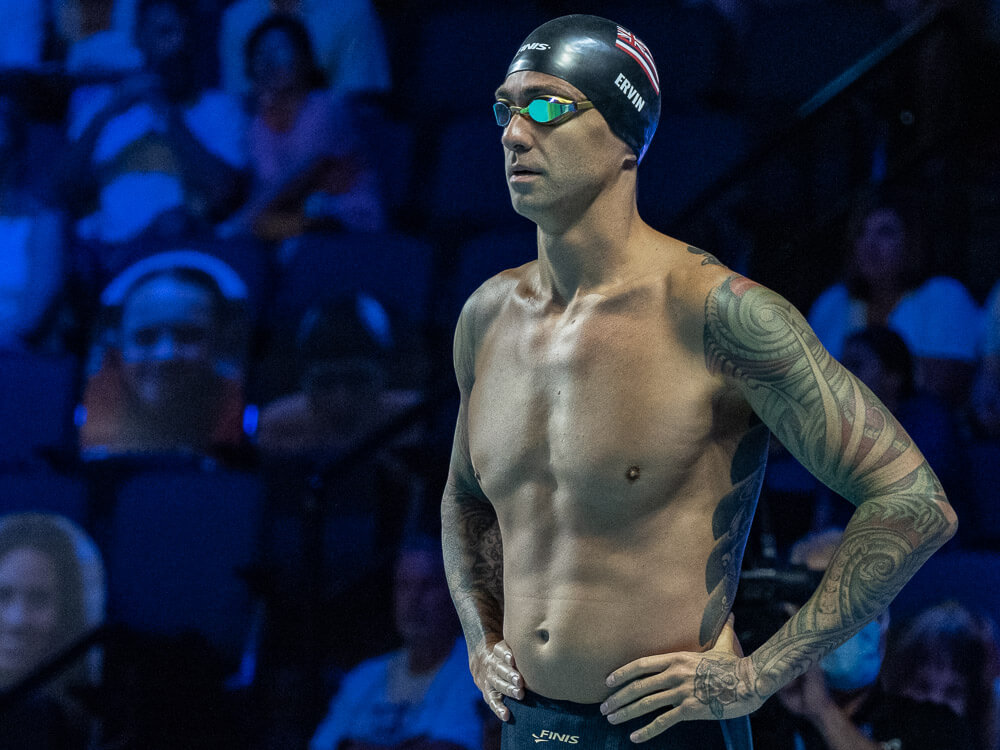Age is Just a Number: Getting Older Doesn’t Have to be a Negative

Age is Just a Number: Getting Older Doesn’t Have to be a Negative
Age is just a number in most everything but sports. Athletes, especially in swimming, are rarely found to compete into their late 30s or even 40s. However, that doesn’t mean that there aren’t swimmers who compete later in life at the highest level. For example, Dara Torres won an Olympic gold at 33 and was an Olympic silver medalost at age 41. Anthony Ervin made a comeback in his 30s, a pair of Olympic appearances headlined by a gold medal in the 50 freestyle at the age of 35. Masters swimmers race into their 90s and, on occasion, into triple digits. Though age can be a factor in competition, there are benefits to being older. Here are a few advantages:
Understanding of Body
Your body changes as it ages. It generally gets less efficient at repairing itself and producing power, according to Jeff Bercovici, journalist and author of Play On: The New Science of Elite Performance at Any Age. Young athletes may not know how to handle their changing body in terms of rest and training, and may even encounter some mental issues. Older athletes will be more used to body changes than the younger athlete, because they have experienced changes before.
Diverse Interests
Older athletes will have more diverse interests than just swimming. At times, it can be easy as a younger athlete to have a life solely based on an athletic career in performance. Over time, older athletes will have diversified interests that will allow them the space to express themselves and articulate what they need out of the sport. Older athletes know what they want to get out of their time in the pool in a different way.
Technical Experience
Athletes with greater technical experience can sometimes outdo those with fast-twitch muscles. Sometimes, faster is not always better, even in swimming (re: piano on back). The technical experience that comes with having years of swimming and pacing experience can be an advantage.
Mental Experience
Exercise is known to improve mental well-being. A study of 256 total Masters athletes aged 35 to 91 (average 58 years) showed general life satisfaction and less sleep impairment compared to the general U.S. population. They also found that habitual exercise helps with the quality of life which contributes to healthy aging.
Less Pressure
Having different priorities does not mean that competing or training isn’t fun. In fact, sometimes it can be even more fun without the pressure. Even Olympians continue competing after they retire because they enjoy racing. Recently, Nathan Adrian remarked that he might participate in Olympic Trials not to chase another trip to the Olympics, but because he wanted to appreciate and enjoy the sport.
As the saying goes, Age is Just a Number. It doesn’t have to deter success, physical well-being and mental health.
All commentaries are the opinion of the author and do not necessarily reflect the views of Swimming World Magazine nor its staff.



